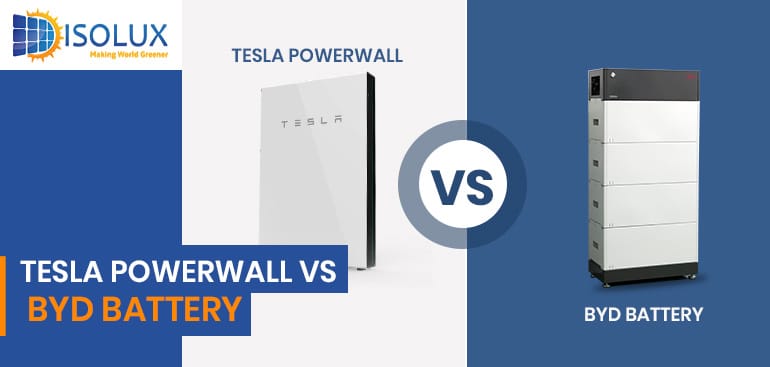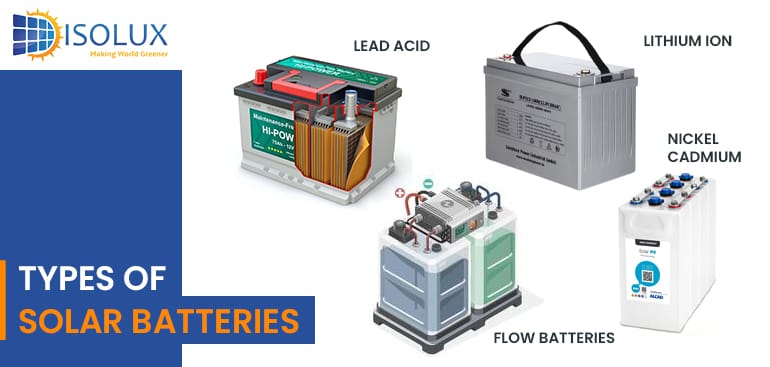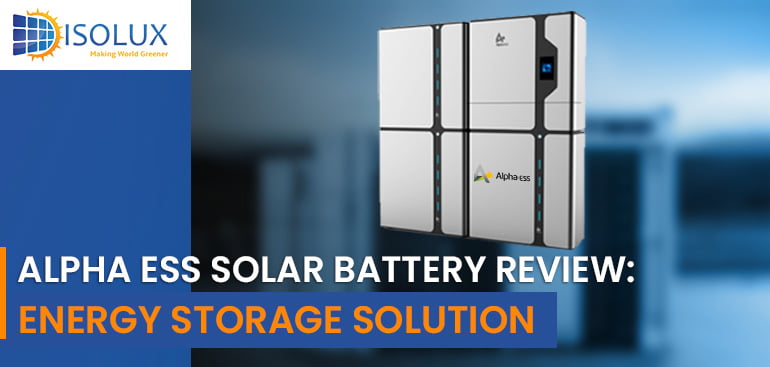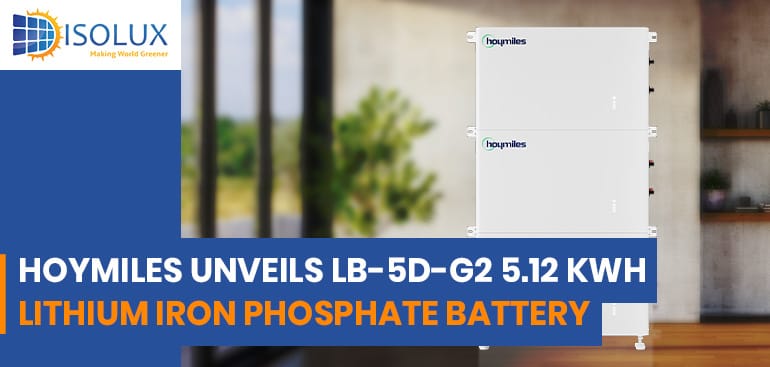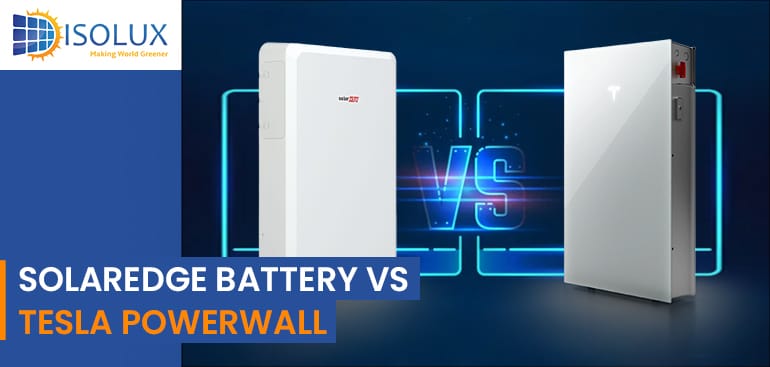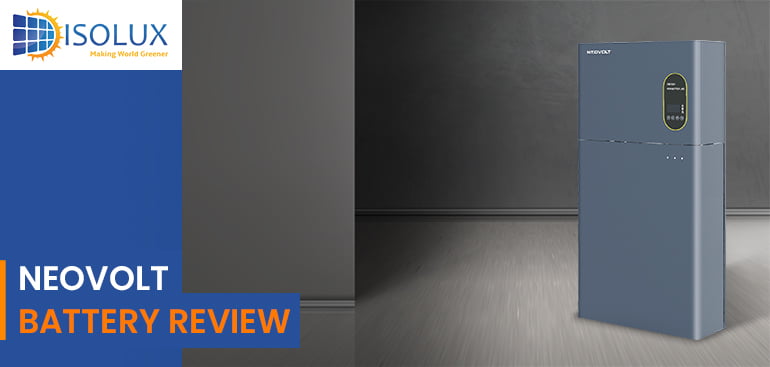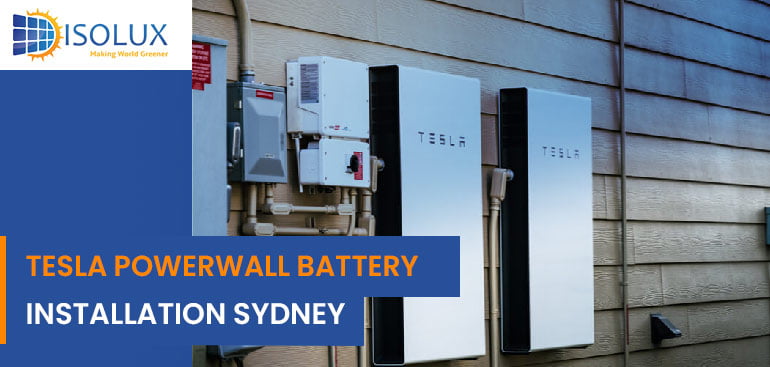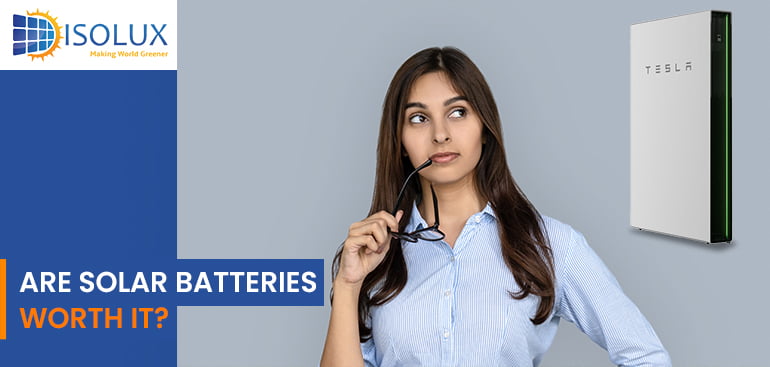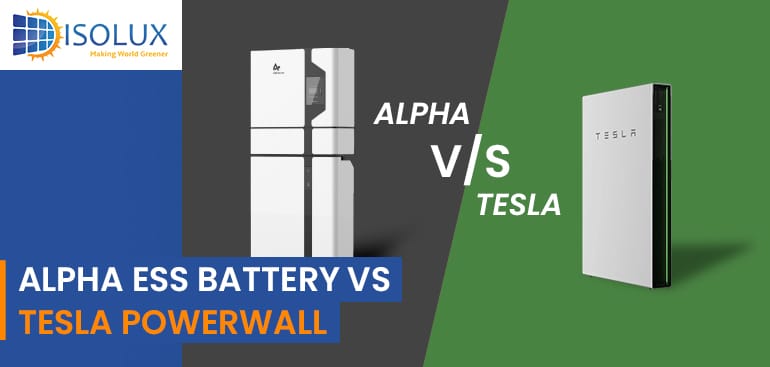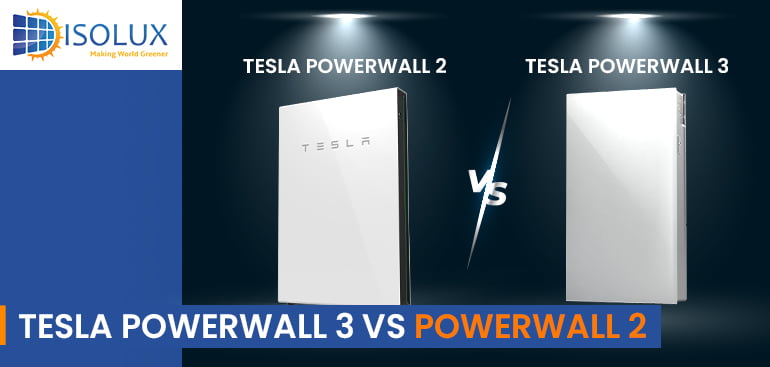As solar energy adoption continues to rise across Sydney, homeowners are increasingly turning to home battery storage solutions to maximise their solar investment. Two of the most prominent players in the market are the Tesla Powerwall and BYD Battery-Box Premium HVM. But which one is right for your home?
With the growing adoption of solar energy in Australia, choosing the right solar battery is crucial for maximizing energy efficiency and cost savings. Solar batteries store excess solar power for later use, reducing reliance on the grid and enhancing energy independence. Let’s explore different types of solar batteries, their advantages, and which one is best suited for Australian households and businesses.
As the demand for efficient energy storage solutions rises, the Alpha ESS Solar Battery has emerged as a prominent choice for homeowners and businesses aiming to optimize their solar energy systems. Let’s get into AlphaESS battery review like the company’s background, product offerings, technical specifications, pricing, and comparisons to provide a comprehensive understanding of the Alpha ESS Solar Battery.
As renewable energy continues to grow in popularity across Australia, having a reliable solar battery has become essential for maximizing the efficiency of rooftop solar panel systems. The Hoymiles LB-5D-G2 is a state-of-the-art low-voltage lithium iron phosphate battery designed specifically for homes and small commercial setups. With its compact design, advanced safety features, and scalable capacity, the LB-5D-G2 is quickly becoming a go-to solution for solar energy storage.
When considering home energy storage solutions in Australia, the Tesla Powerwall and SolarEdge Home Battery are two prominent options. Both offer unique features and benefits tailored to different needs. This comprehensive comparison will help you determine which system aligns best with your energy requirements.
In the ever-evolving landscape of renewable energy, finding a reliable and efficient home battery system is crucial for maximizing the benefits of solar power. Sydney, with its abundant sunshine, presents a perfect opportunity for homeowners to harness solar energy. Among the top contenders in the market, Neovolt Batteries have garnered attention for their exceptional performance and innovative features. In this in-depth review, we explore the ins and outs of Neovolt Batteries, offering you a comprehensive guide to making an informed decision for your energy needs.
The Tesla Powerwall has revolutionized energy storage, making it a popular choice among homeowners and businesses in Sydney. With the increasing adoption of solar energy in Australia, the Tesla Powerwall empowers users to maximize their solar power usage, reduce grid dependence, and protect against blackouts. This comprehensive guide explores what makes the Tesla Powerwall a standout solution for energy storage in Sydney.
Solar batteries, also known as energy storage systems or solar storage batteries, are devices designed to store excess electricity generated by solar panels during periods of sunlight. This stored energy can then be utilized during times when solar panels are not actively producing electricity, such as at night or during cloudy days. The primary goal of solar batteries is to enhance energy independence, increase the self-consumption of solar power, and provide a reliable backup power source during grid outages.
Let’s get into the benefits of solar batteries and how they can help you save money in the long run.
As the demand for solar energy storage continues to rise in Australia, choosing the right battery system has become a critical decision for homeowners. Two of the most popular options available today are the Alpha ESS battery and the Tesla Powerwall. While both systems are designed to maximize energy efficiency and independence, they differ in terms of features, performance, and price. Let’s dive into a detailed comparison to help you choose the right battery storage solution for your solar system in Sydney.
The Tesla Powerwall has revolutionized energy storage for homeowners and businesses, offering an efficient way to store solar energy for later use. With the release of the Tesla Powerwall 3, many are wondering how it compares to the Tesla Powerwall 2, which has been a popular choice for solar installations for years. Let’s get into the key differences between the Tesla Powerwall 3 and Powerwall 2, helping you decide which one is the right fit for your solar energy needs in Sydney.

